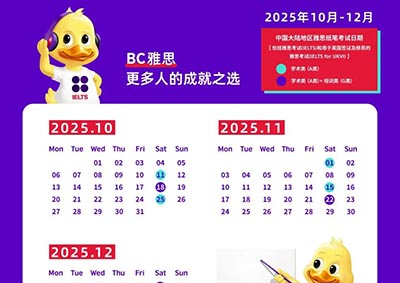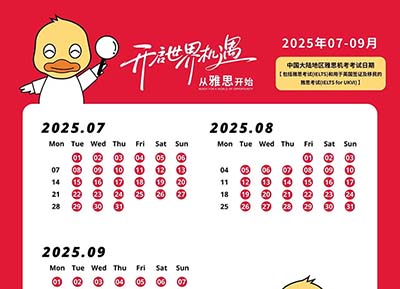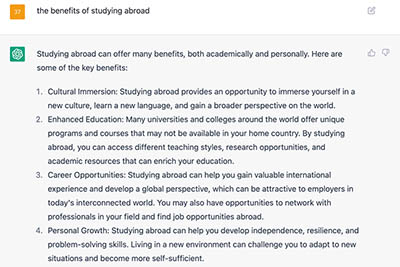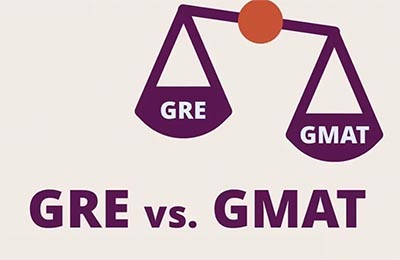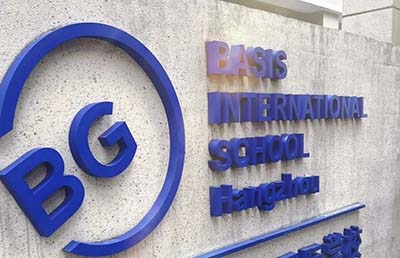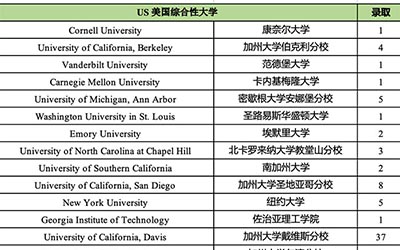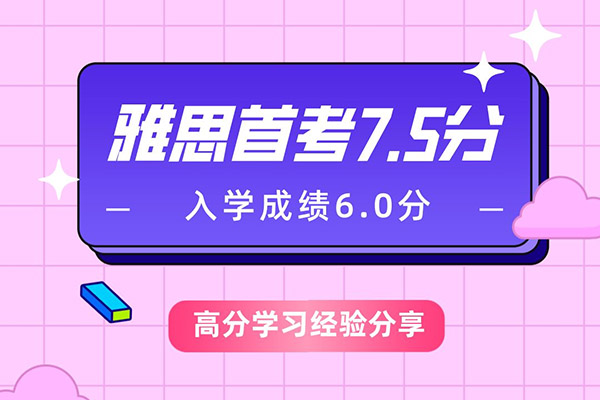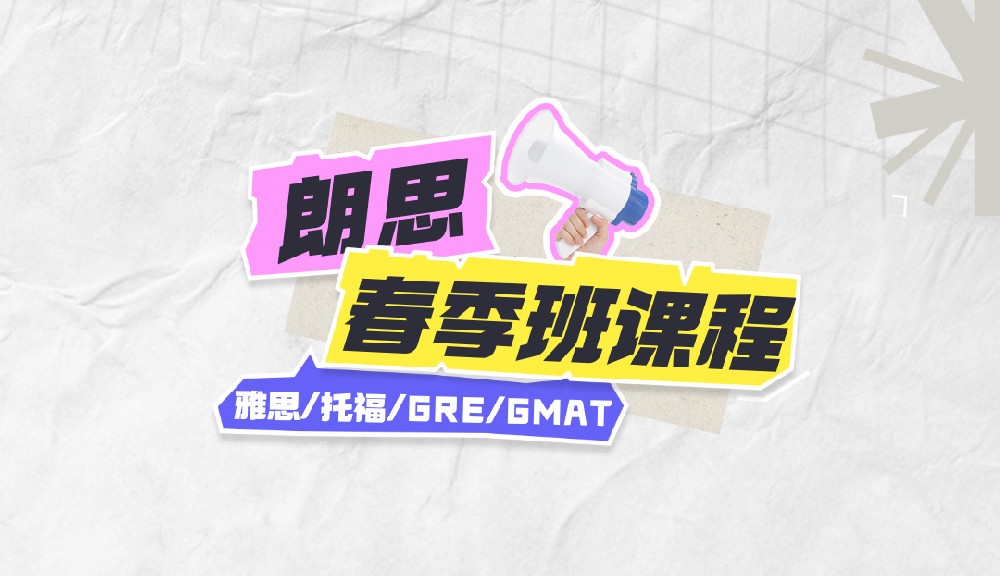雅思寫作7分范文:生活技能、團隊和個人活動哪個重要
時間:2023-08-23
來源:網絡
作者:未知
在前面的內容當中,我們給大家介紹過很多關于雅思寫作的話題,本期我們繼續給大家從網上分享一下,雅思寫作范文,內容主要是培養生活技能,團隊活動和個人活動哪個更重要,Team/group activities can teach more important skills for life than those activities which are played alone.,下面我們一起來看看。
雅思寫作話題:
Team/group activities can teach more important skills for life than those activities which are played alone. To what extent do you agree or disagree?
Give reasons for your answer and include any relevant examples from your own knowledge or experience.
就學習生活技能而言,參加團隊活動比參加個人活動更重要嗎?
寫作思路有三個:
(1)團隊活動比個人活動更重要;
(2)個人活動比團隊活動更重要;
(3)團隊活動很重要,但個人活動也很重要。
本題立論的核心就是找出題目中的life skills這一關鍵詞,將其進行分類,再結合另外兩個關鍵詞即group activities和activities played alone進行分別討論。分類討論,這是雅思寫作的一個很有用的思維,也能體現考生的批判思維能力。
7分范文
Are activities played as a team better than those played individually when it comes to learning life skills? The answer, I think, depends on the life skills in question —self-reliance, responsibility, cooperation, sportsmanship, or the ability to feel happy.
Activities that are played alone can develop the sense of self-reliance and responsibility in young people. This is because in such activities, success is entirely a matter of personal efforts, and young people will have to learn to rely on themselves and consider the consequences of their own decisions and actions. Further, playing alone requires one to motivate oneself as there is no team pressure and there is nobody else to blame for failure. This intrinsic motivation as a life skill is perhaps more powerful than external motivation in a team. Further still, people can perhaps derive more happiness and satisfaction from their success in individual sports, and this sense of self-recognition is an essential skill in their work and life.
Group activities such as team sports can teach at least three life skills that benefit young people forever. Firstly, the social aspect of group activities might be what appeals to young people in the first place. Participation in such activities gives young people an opportunity to spend time with peers in a learning environment and practice their social skills. Secondly, by learning to positively handle the winning and losing outcome in group activities, young people can foster their fair-play sportsmanship, a trait extremely important both in their youth-hood and adulthood. Thirdly, group activities will help people understand the value of cooperation. They will get to know that working as a team is key to success in life, though this sometimes might mean personal sacrifices.
To conclude, though group activities can teach people many important life skills, people can gain a lot of other essential skills from solo activities as well. As it is hard to tell which set of skills is more important, we cannot reach the consensus of opinion as to which kind of activities is more useful in the development of our life skills.



